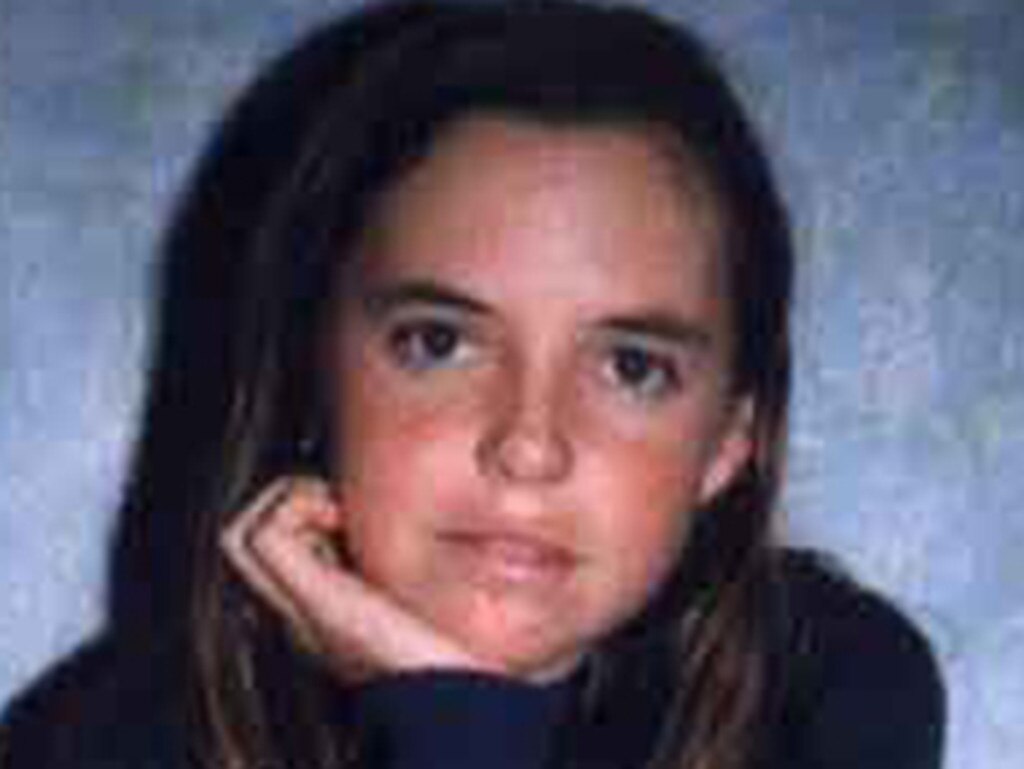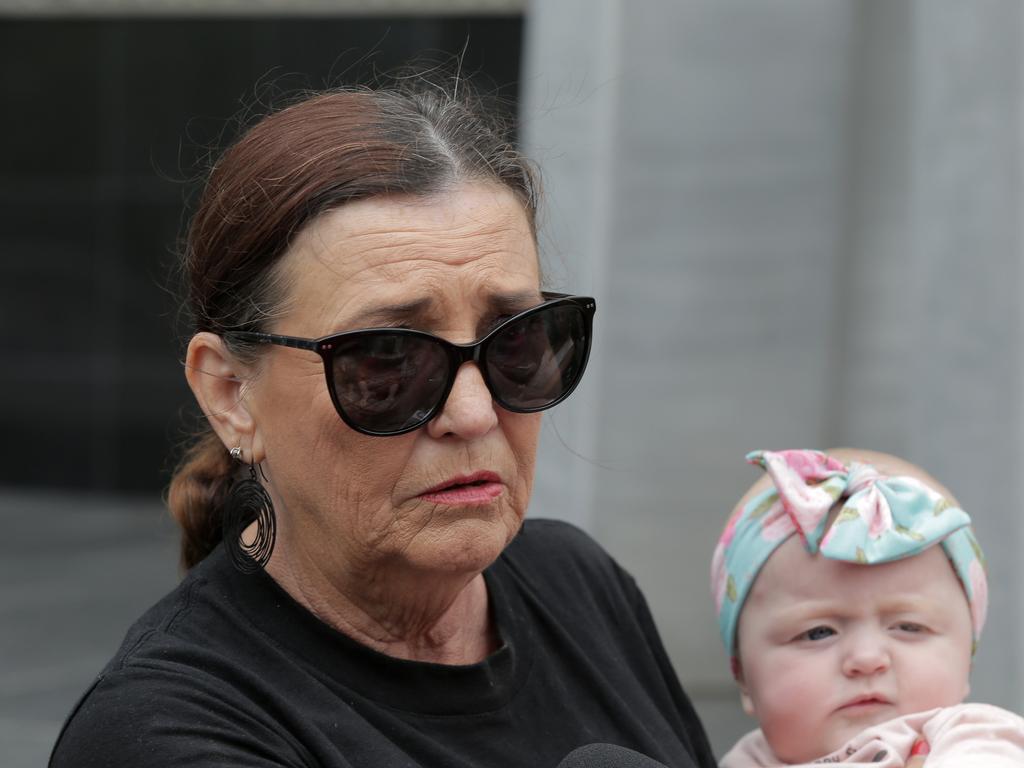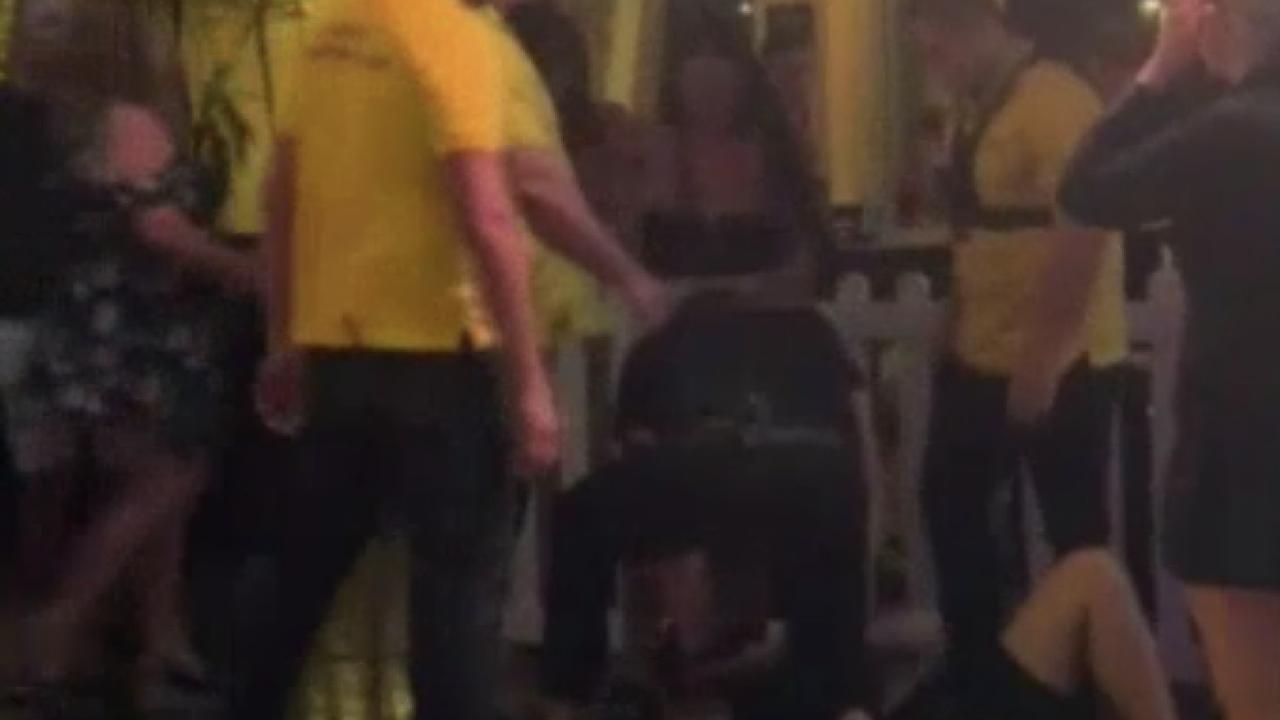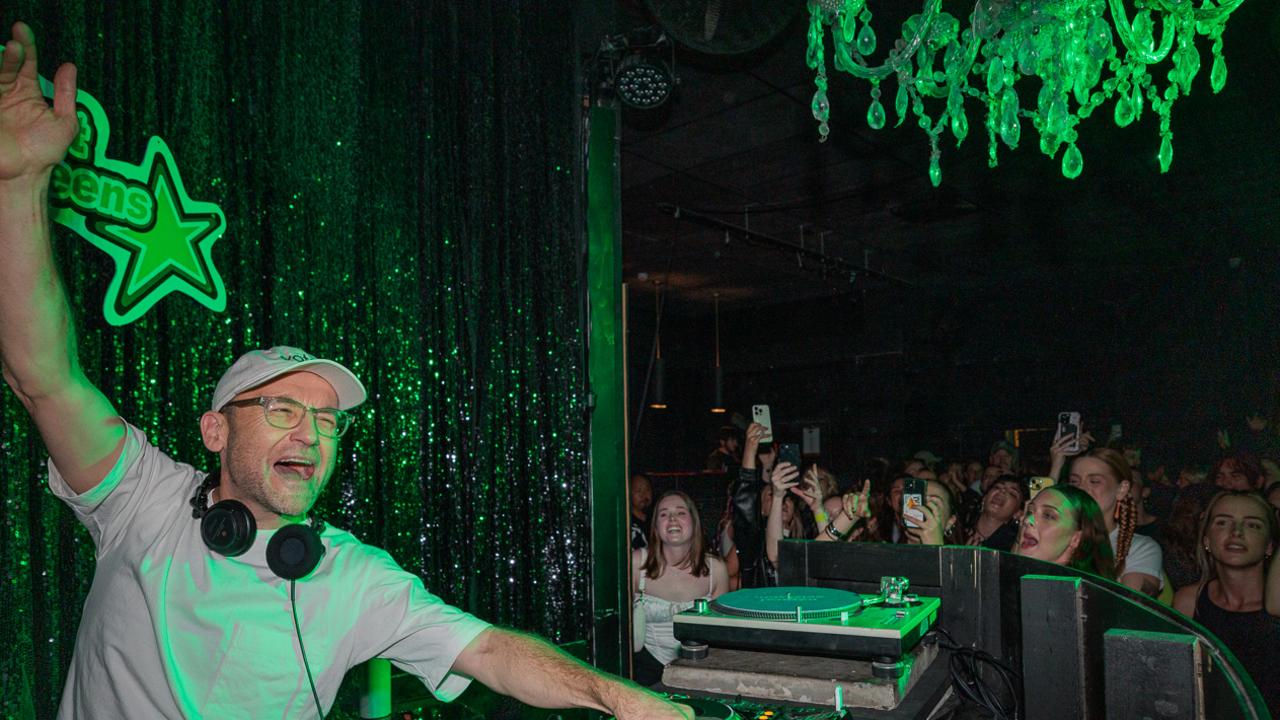Killer Francis John Wark urged to reveal where he buried Hayley Dodd’s body if he wants parole
The Premier says if killer Francis John Wark has ‘a modicum of kindness in his body’ he will reveal where he dumped Hayley Dodd.

Cold case killer Francis John Wark has been urged to reveal where he dumped the body of teenager Hayley Dodd if he hopes to get released on parole some day.
A jury on Wednesday acquitted Wark, 65, of murder but found him guilty of unlawfully killing the 17-year-old girl following a six-week retrial in the West Australian Supreme Court.
Following Wark’s first trial, Justice Lindy Jenkins found him guilty of murdering Hayley, who vanished in July 1999 while walking along a regional road near Badgingarra, northeast of Perth.
West Australian Premier Mark McGowan said if Wark had “a modicum of kindness in his body” he would let the Dodd family know where Hayley was buried.
“I know the Dodd family very well. They have been through an extraordinary ordeal, but their ordeal is not over,” Mr McGowan told reporters on Thursday.

“(He) needs to tell the family where their daughter is buried, and we put in place laws to actually encourage him to do so.
“The no body, no parole laws are there, so he needs to do the right thing.”
As the jury delivered their verdict, there were gasps and tears from Hayley’s family.
Outside court, an emotional Margaret Dodd held her granddaughter, who is named after Hayley, and told reporters there would be no closure until her daughter’s body was found.
“We got manslaughter, so at least he’s not going to get out for a while,” she said.
“I just hope that now he tells us where Hayley is.”
Asked what it would mean to her to know where Hayley was buried, Ms Dodd said: “We’d be able to just lay her to rest and we could actually try to get on with our lives. Our lives have just been in limbo for 22 years.”

An ankh earring that prosecutors said belonged to Hayley — although there was no DNA on it — was found in the seat cover of Wark’s ute during a cold case review in 2013.
It was a key piece of evidence in the trial, along with a strand of hair that the court was told matched Hayley’s DNA.
Wark was already serving time in a Queensland prison for repeatedly raping and beating a woman he gave a lift to in June 2007 when West Australian police charged him in 2015 with murdering Hayley.
But he has always maintained his innocence, claiming he had no time to commit the crime and had an alibi.
At the time of Hayley’s disappearance, the maximum penalty for manslaughter was 20 years in prison, so Wark will be sentenced under that law later this month.




